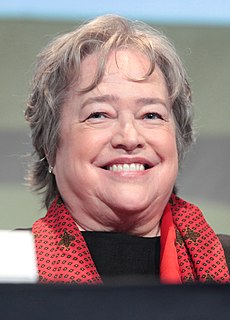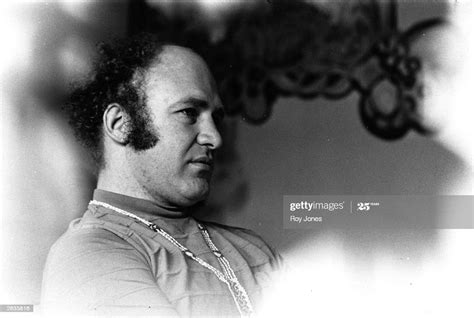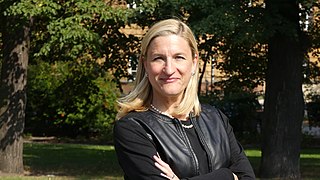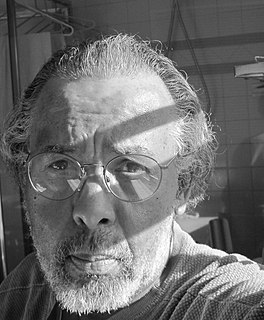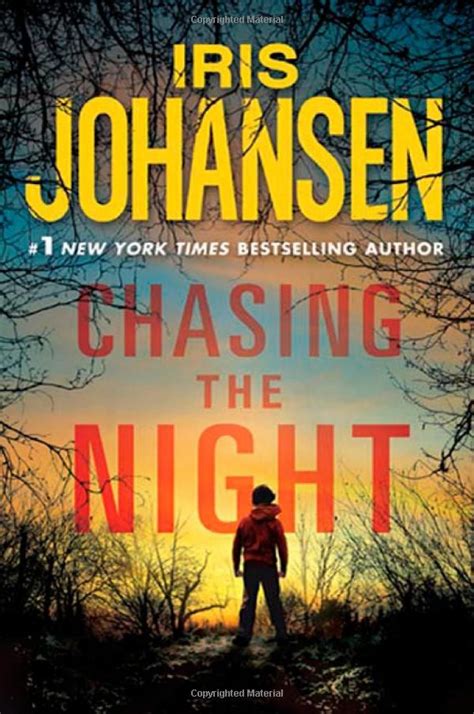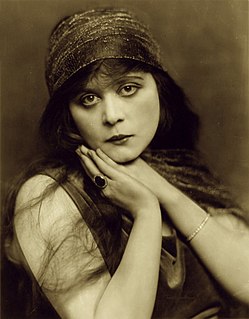A Quote by Flannery O'Connor
I feel that discussing story-writing in terms of plot, character, and theme is like trying to describe the expression on a face by saying where the eyes, nose, and mouth are.
Related Quotes
A dream inspiring a story is different than placing a description of a dream in a story. When you describe a character's dream, it has to be sharper than reality in some way, and more meaningful. It has to somehow speak to plot, character, and all the rest. If you're writing something fantastical, it can be a really deadly choice because your story already has elements that can seem dreamlike.
I try to express with the camera what the story is, to get to the heart of the story with picture. In battle I look at things first in terms of people, second in terms of strategies or casualties... To tell a story, you don't photograph one hundred dead civilians to prove there were one hundred dead civilians. You photograph one dead civilian with an expression on his face that says, This is what it's like if you're a dead civilian in Vietnam.
Chris Claremont once said of Alan Moore, "if he could plot, we'd all have to get together and kill him." Which utterly misses the most compelling part of Alan's writing, the way he develops and expresses ideas and character. Plot does not define story. Plot is the framework within which ideas are explored and personalities and relationships are unfolded.
My fiction is based on both my own experience transformed, altered, juggled and changed to suit the demands of composition, character, and plot. If I see a theme emerging in a story I will likely take it up and develop it. I hardly ever set out with a conscious plan and if I do the story usually takes over and takes me where it wants to go.
The secret to writing sound effects is having a room you can be alone in, trying to make the sounds yourself, and seeing what comes out. It's similar to if you're writing a character talking with their mouth full: the only way I know to transcribe that is to stuff my fist in my mouth and write down what sounds I make when I try to talk.
In a painting no one complains that the subject is posed, but everybody complains about what looks posed in a photograph. Except, I've found that if I go very close in to the face, then the posed expression no longer exists. The face becomes a landscape of the lakes of the eyes and the hills of the nose and the valley of the cleft of the chin.
You say I have the most wicked face of any woman. You say my hair is like the serpent locks of Medusa, that my eyes have the cruel cunning of Borgia, that my mouth is the mouth of the sinister scheming Delilah, that my hands are like the talons of a Circe or the blood-bathing Elizabeth Bathory. And then you ask me of my soul—you wish to know if it is reflected in my face.


